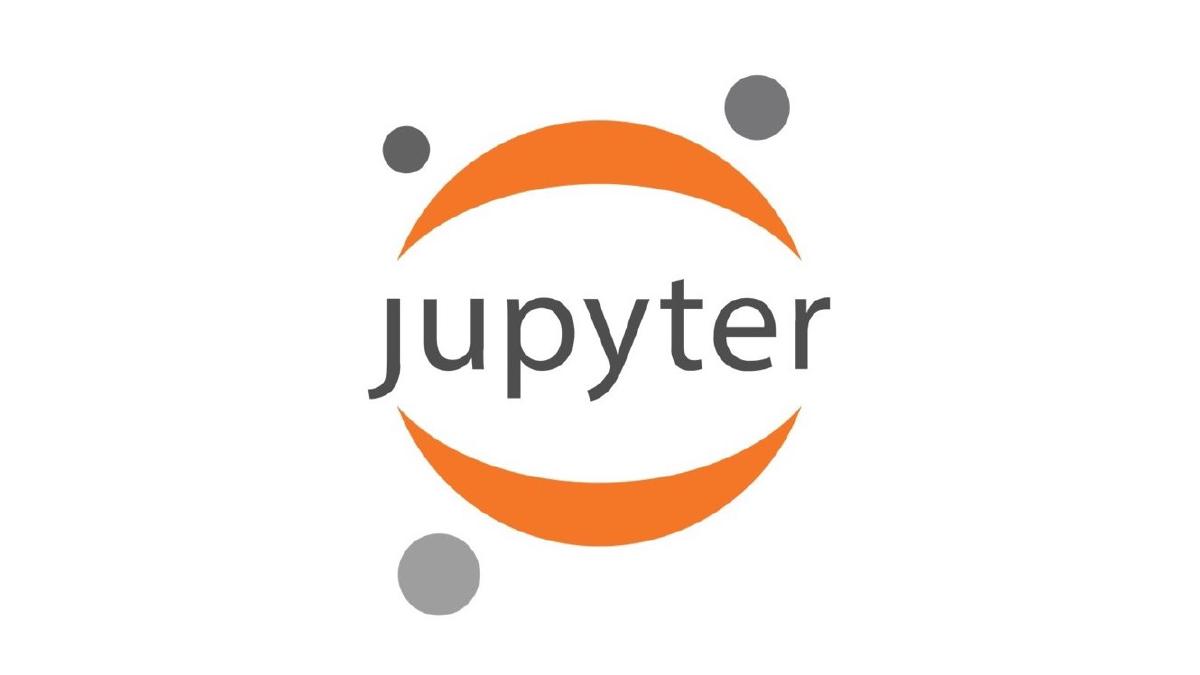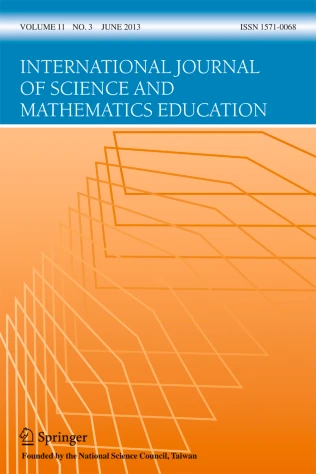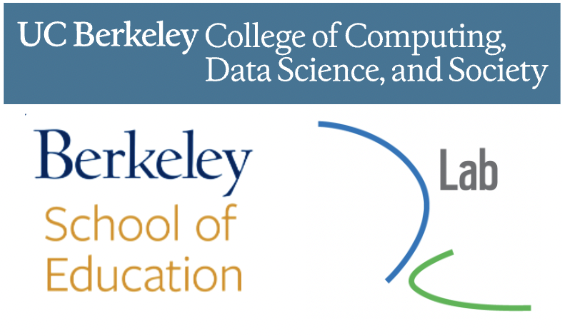-

Teaching and Learning with Jupyter
Although originally developed for scientists to share their work, Jupyter notebooks are becoming a popular method to introduce data-rich science and mathematical investigations to secondary and intro college students. However, development of curriculum using Jupyter has far outpaced basic research in this area. Like other tools of science and mathematics, introducing python/Jupyter notebooks to students requires teachers to develop attunements to the basic structures and epistemic functions of these tools, and this process is not yet well-understood.
Seed funding by: The Barbara Y. White Bequest (active) -

CoRE Lab Presentations at ISLS ’25
Come check out our work at the 2025 Annual Meeting of the International Society for the Learning Sciences!
-

CoRE @ Euro Congress of Math Ed (CERME-14)
Michelle was invited to present a plenary discussion at the 14th Congress of the European Society for Research in Mathematics Education (CERME14), hosted by the Free University of Bozen-Bolzano with colleague Rolf Biehler of Paderborn University. Curricular innovation was a theme throughout the conference, and Rolf and Michelle’s talk explored visions of Data Science Education […]
-

Teachers & DataViz Discussions in IJSME
Leading classroom dataviz discussions can be tricky. This paper examines how a dataviz discussion guide can help teachers stay flexible, while meeting specific mathematical and scientific learning goals.
-

Aligning Ideas + Models in Cognition & Instruction
Computational tools hold promise for science education, but each tool models information in a different way. This paper explores ways to connect what students know to the language and structures of different modeling tools.
-

Sci Educ: When Models are “Right but Wrong”
Agent-based modeling can encourage students to think about scientific mechanisms. But to refine students’ understandings toward accurate explanations, comparing their models with data is just as important.
-

The Data Science Education Fellowship
This postdoctoral opportunity brings together faculty from College of Computing, Data Science, and Society (CDSS), the Berkeley School of Education (BSE), and the Social Sciences D-Lab. These faculty will support three (3) fellows as they study the teaching and learning of Data Science, with attention to both instruction and content, and to pathways across educational sectors as they seek to prepare and articulate students into new Data Science majors.
Funded by: National Science Foundation DGE-2430522 (active) -

Data Practices Integration Framework (DPIF)
How to use the DPIF? *Note that Steps 1 and 2 are interchangeable. Evaluations Context Methods Technology Communications Ethics Measures Measures – MethodsWhat are the procedures used to plan and execute measurements? Measures – Technology What are the tools used to plan and execute measurements? Measures – CommunicationsHow are measurement procedures communicated to audiences? Measures – […]
-

Fitzmaurice Recognized at ISLS ’24!
Helen’s full paper, “Activism or bureaucracy: What are we teaching students through local climate action projects?” won a Best Paper Award at the 2024 Meeting of the International Society for the Learning Sciences. Her paper examines the ways that teachers’ framing and enactment of student action projects shift over time toward different “orientations-of-action,” or ways […]
CoRE Lab
Berkeley School of Education